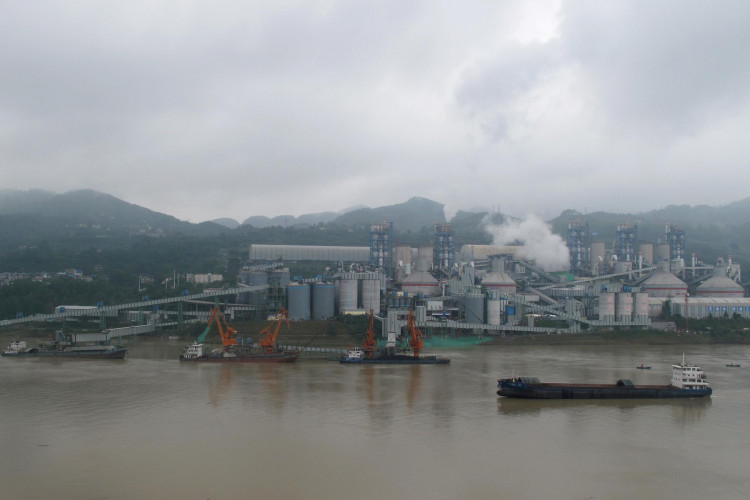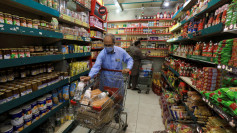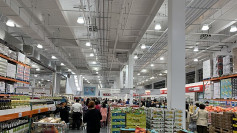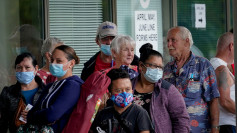The uptick in China's economy adds to the steady momentum from this week's trade deal, but there are still, plenty of downside risks as the nation heads into 2020.
Manufacturing output and private consumption were both much stronger than expected, with production jumping 6.5 percent a year earlier and retail sales climbing 8 percent, Monday's data showed.
At the same time, this year's fixed-asset investment was up around 5.4 percent in the first 11 months, the slowest pace since 1998.
As the U.S. has suggested early next year that tariffs on some Chinese goods would be lifted, some of the uncertainty and jitters hanging over the economy would be dissipated.
Rise In Infra Figures
Domestically, policymakers are still faced with concerns about debt sustainability and increasing defaults, but the government has stressed policy continuity and there is little chance of change until at least March next year, when authorities meet to adopt the broad policy guidelines for 2020.
"The recent increase in domestic demand will more likely last longer without the December tariff hike," according to Chief China Economist Wang Tao of UBS AG.
She wrote that the "easing in policy tone should also help investment in property and a pick-up in infrastructure in the coming months," but trade war-related uncertainties would remain, which would discourage corporate capital spending and prevent activities from returning to pre-tariff rates.
The contract specifics have not yet been released. A Chinese Foreign Ministry spokesman said Monday that officials are still in touch, and in due course more information will be released.
In Asia, Monday stocks were mixed, while the Chinese currency stabilized offshore. In terms of trade optimism, European stocks and U.S. futures rose.
GDP Forecast Upgrade
Economists from UBS AG and Oxford Economics Ltd. upgraded their outlook for gross domestic product growth in 2020 from 5.6 percent after the announcement of the agreement to 6 percent, while saying uncertainties would remain.
Citic Securities Co., a leading domestic brokerage company, said they expect the lower tariffs to lift gross domestic products growth by 0.6 percentage point in 2020 if all other market and industrial factors remain unchanged.
According to Nomura International Ltd., China's commitment to agricultural purchases would also help policymakers manage pork-driven consumer inflation.
The stagnant investment will be closely watched in the next coming months, analysts said. Based on China's November factory and retail figures, there was a slight uptick in private companies' investment in fixed assets.






